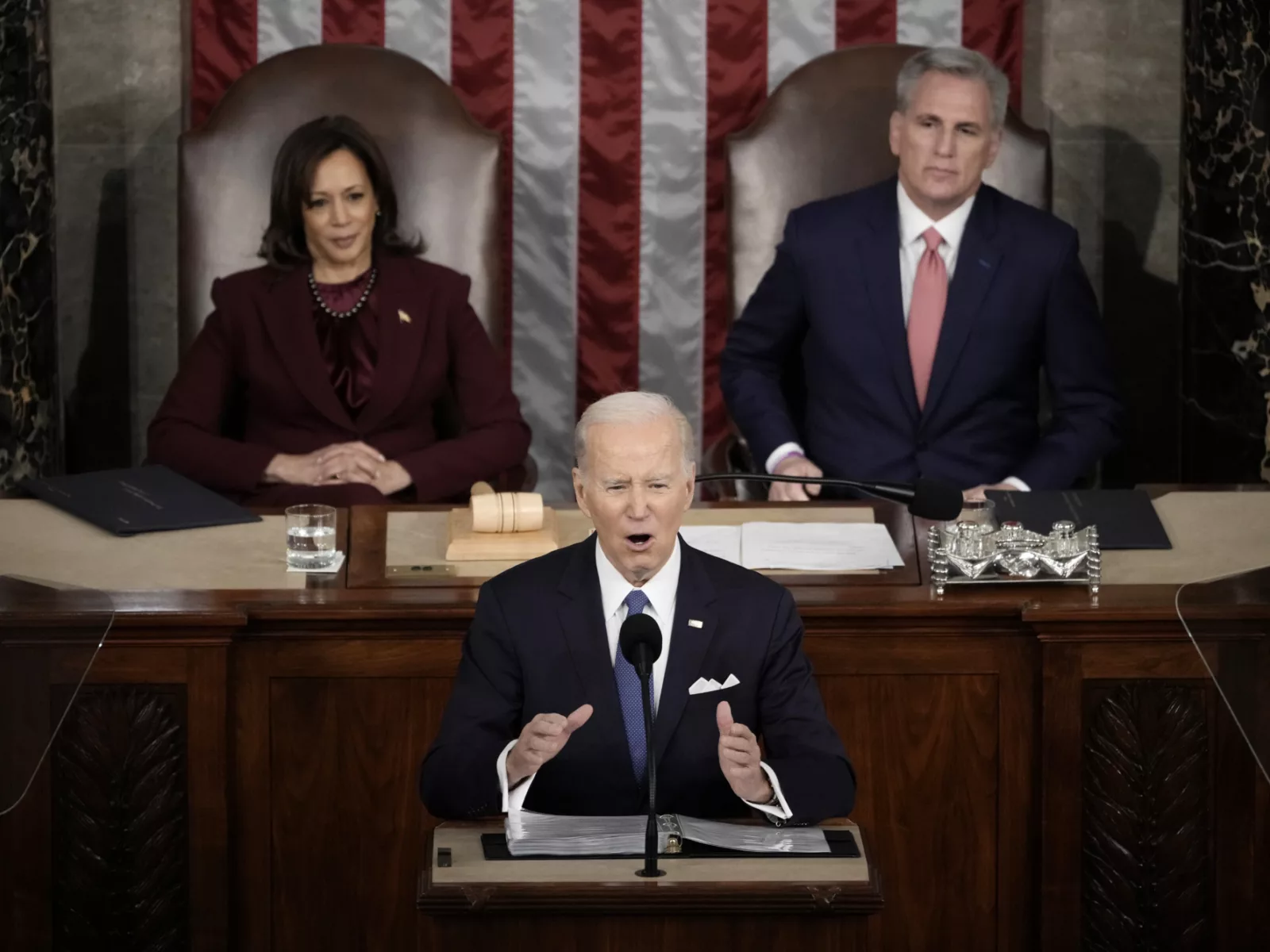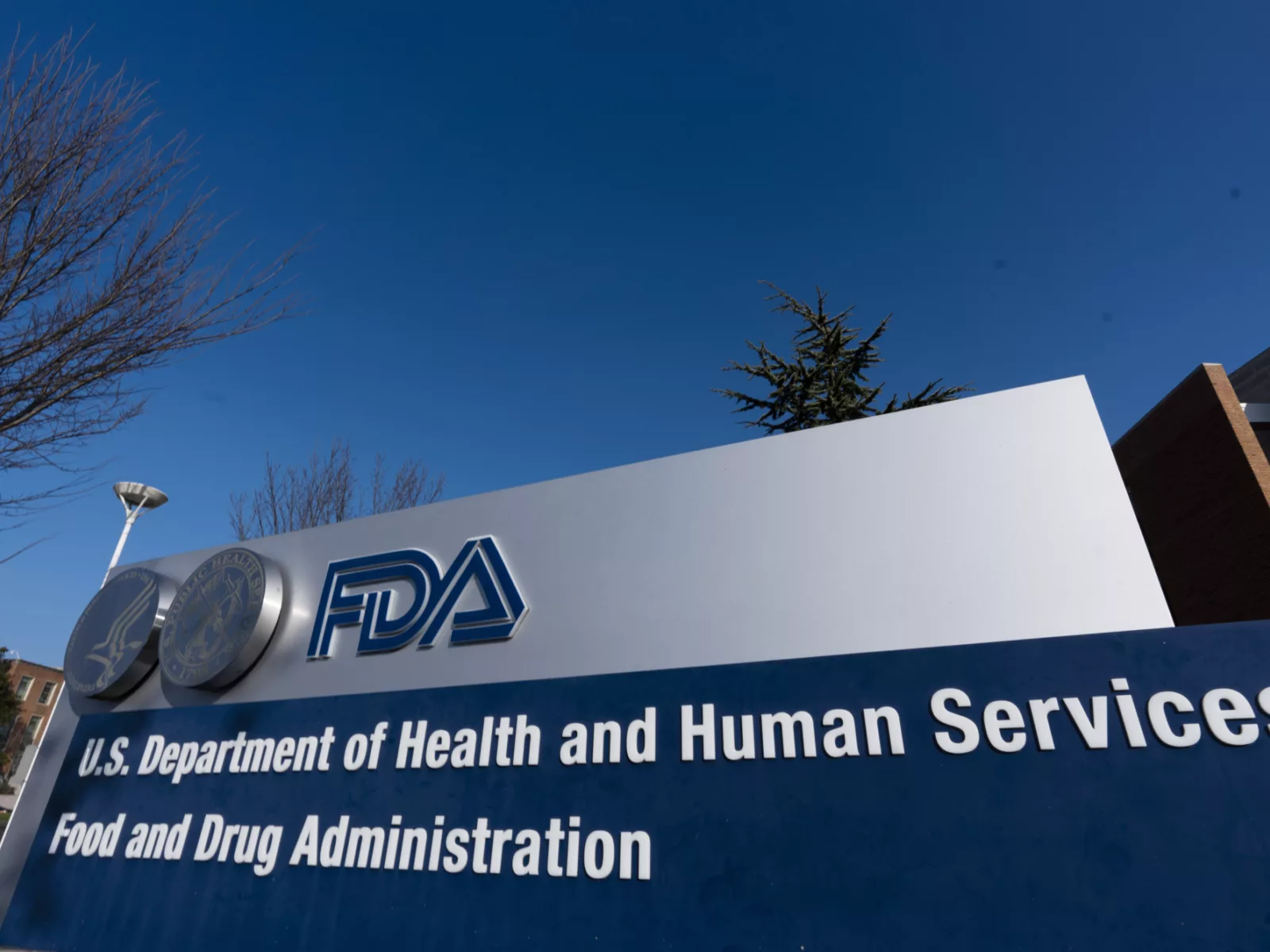As state Medicaid programs increasingly bear the burden of growing health care costs, high-priced specialty drugs that speed through the approval process have emerged as culprit in driving up drug spending.
In a new report, the Medicaid and CHIP Payment and Access Commission (MACPAC), a nonpartisan agency charged with making recommendations to Congress, proposed reforms aimed at containing Medicaid spending for high-cost specialty drugs brought to market through the FDA’s accelerated approval pathway.
The recommendations address the issue of high cost specialty drugs that have not yet verified their clinical benefit to patients by completing confirmatory trials and receiving traditional FDA approval, laying the groundwork for Congress to consider stronger regulations to rein in drug spending.
Growing fiscal pressures
Medicaid budgets across the country are facing increasing fiscal pressures as health care costs increase. In 2019 alone, Medicaid spent more than $29 billion on prescription drugs after accounting for manufacturer rebates, totaling about 5 percent of benefit spending that year.
That number is expected to increase, with the Centers for Medicare & Medicaid Services (CMS) projecting Medicaid drug spending will grow 5 percent every year over the next several years.
States have voiced concerns to MACPAC over the continued introduction of new high-cost specialty drugs to the market and the effects they have on the Medicaid budget and that efforts to manage the utilization of these drugs, per current Medicaid law, have proven ineffective in controlling specialty drug spending. From 2010 to 2015, net spending on specialty drugs in Medicaid almost doubled, from $4.8 billion to $9.9 billion. In order to address high-cost specialty drugs broadly, new authorities are required that do not currently exist in law.
FDA’s Accelerated Approval Pathway
Of particular concern are high-priced, specialty drugs approved through the FDA’s accelerated approval pathway. The pathway is designed to expedite the development and review of drugs that address dire unmet medical needs by allowing drug approvals to be based on surrogate endpoints in their clinical trials. Surrogate endpoints are outcomes that are used to predict a clinical benefit to a patient, but are not actually the target clinical benefit of the drug. For example, the FDA recently granted accelerated approval of a new Alzheimer’s treatment, Aduhelm, based on a surrogate endpoint – the clearing of amyloid plaques in the brain – rather than considering the true desired clinical benefit of improving cognition and memory. The data from the drug’s own clinical trials were consistent and a statistical review by the FDA called the data “conflicting” with one study indicating slightly less cognitive decline compared to placebo, but the other indicated more substantial cognitive decline compared to placebo.
Amount Medicaid spent on prescription drugs in 2019, after accounting for manufacturer rebates
Ideally, the accelerated approval pathway ensures that drugs that provide benefits are available to patients who need it as soon as possible. However, using surrogate endpoints has clear risks, therefore drugs approved through the accelerated approval pathway are required to undergo additional confirmatory trials after coming to market to verify their clinical benefits. Once those trials demonstrate that the drug is effective, then the drug can receive traditional FDA approval. Unfortunately, there is a lack of clarity in how long these additional trials could take, and they are often delayed with the drug being on the market for years without completion. In the interim, these drugs are producing revenue for the manufacturer and accruing costs to the Medicaid program without real evidence of the desired clinical benefit.
MACPAC’s Recommendations
Last year, MACPAC convened a technical advisory panel of drug policy and pricing experts to discuss the challenges presented by high-cost specialty drugs to the Medicaid program. The panel zeroed in on a suggestion that has been scoped into two recommendations to Congress, released in MACPAC’s June 2021 report to Congress.
The recommendations propose penalties for delays in confirmatory trials by (1) increasing the minimum rebate percentage and (2) increasing the inflationary rebate on these drugs after a set number of years on the market until the manufacturer completes the confirmatory trials and the drug is granted traditional FDA approval. MACPAC elaborates that the rebate amount should be increased to an amount that is significant enough to provide strong incentives to complete confirmatory trials and reduce spending, but not so large as to actively discourage innovation for drugs that dispropororiatly affect Medicaid beneficiaries.
These recommendations are important steps in controlling Medicaid spending for high-cost specialty drugs that have not yet verified their clinical benefit for patients, and would ultimately decrease both federal and state spending as a result of higher rebates. Beyond generating savings, they provide a financial incentive for manufacturers to complete confirmatory trials in a timely manner, lower the net price of the drug until a manufacturer verifies its clinical benefit, and mitigate a list price increase before confirmatory trials are completed, all while preserving patients’ abilities to access to the drug.
Read more: “Addressing High-Cost Specialty Drugs” chapter in MACPAC’s June 2021 Report to Congress.




















